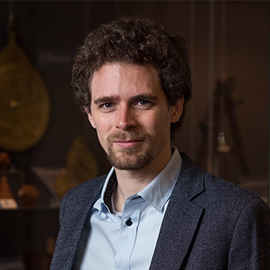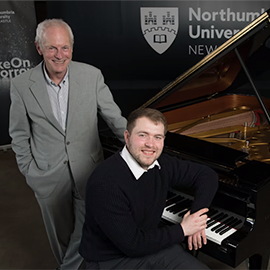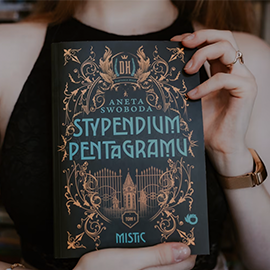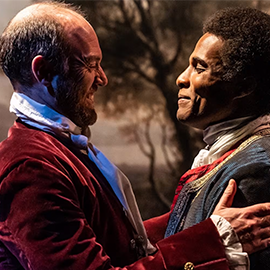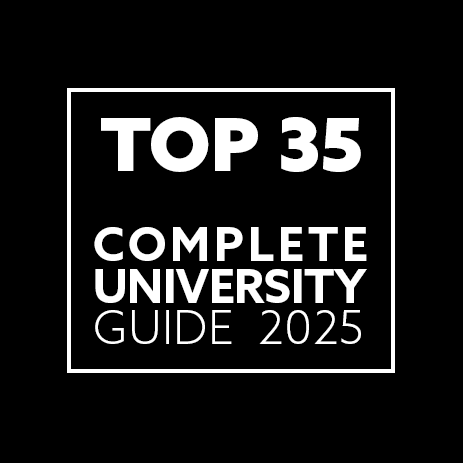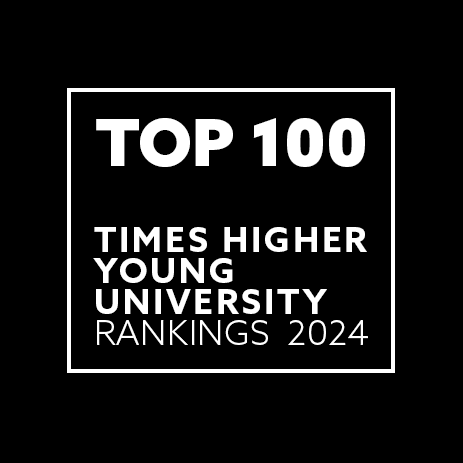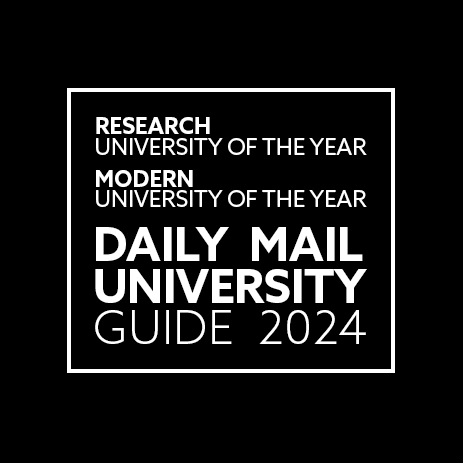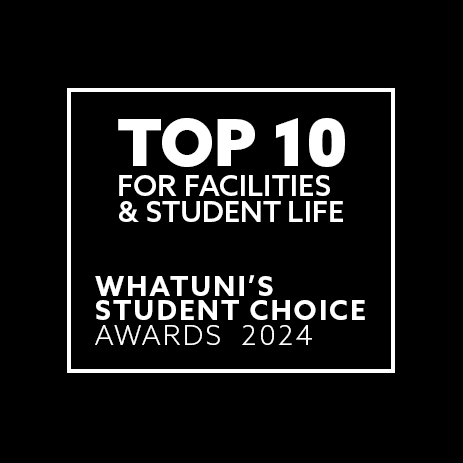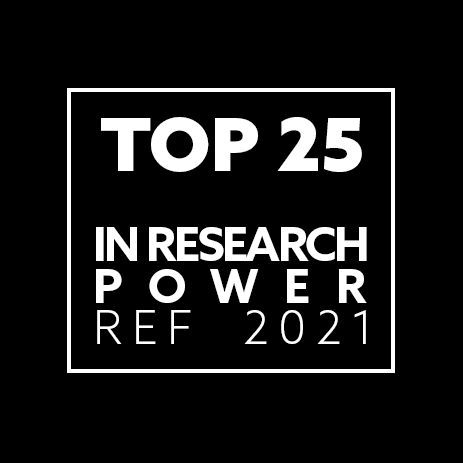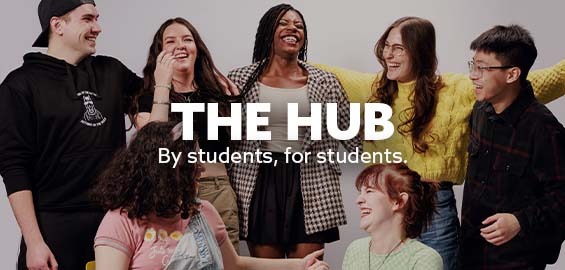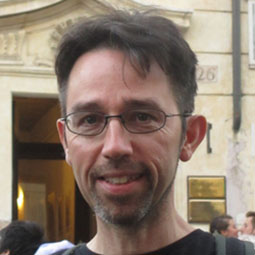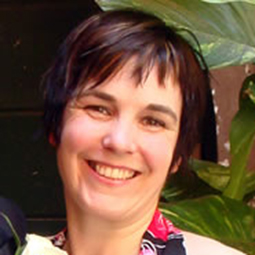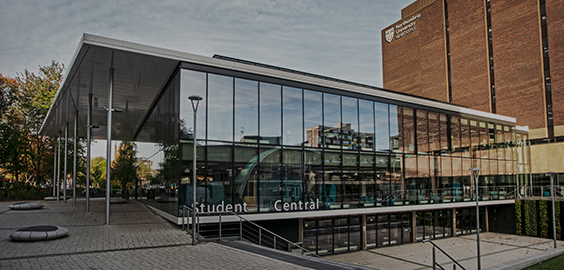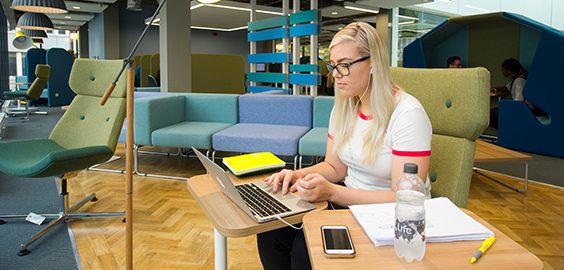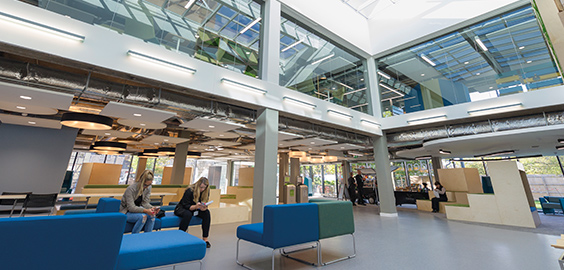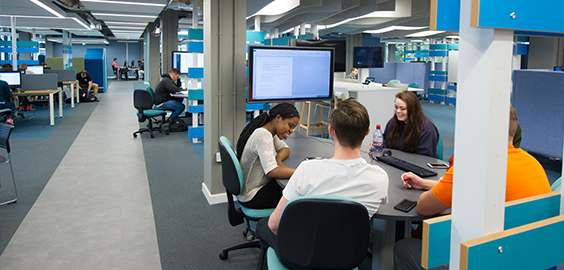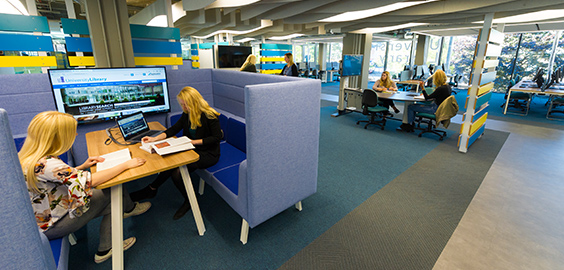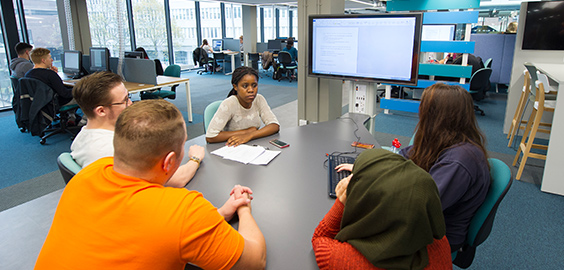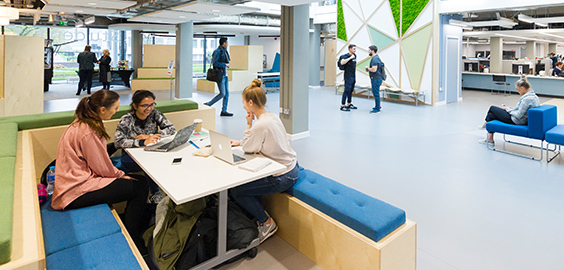How will my BA (Hons) English Literature degree provide me with the skills needed for my career?
Employability
is embedded throughout our learning and teaching strategies. Core and optional modules cultivate your competence and
self-confidence, enhancing transferable skills such as high-level analysis and
independent thinking. Our second-year students are given the option to
take a Student Tutoring module, in which you will gain valuable experience by
volunteering to help and observe in local high schools.
Our students are also given the
option to take an interim year between their second and final year of study.
This interim year allows you to gain valuable experience in the industry or
study on a foreign exchange at a partnered university, ensuring that you stand
out from the crowd when it’s time to apply for future jobs.
Our second-year students can also gain valuable experience through the literature and the
museum module. This module gives you the chance to gain experience at local partnered
heritage sites and museums.
With well-honed skills in
communication and analysis, you will be ready to hit the ground running once
you start a career. In recent years, our graduates have developed successful
careers in journalism, the media, communications, publishing, librarianship,
advertising, marketing, education (at various levels), and the civil service.
Others have gone on to postgraduate study.
Whatever
you decide to do, you will have strong employability as a result of having
acquired the characteristics of a Northumbria graduate. These include critical
reflection and self-learning, collaboration and curiosity, and the ability to
apply your knowledge to solve problems in ways that are sustainable and
ethical.
 Option for Placement Year
Option for Placement Year Option for Study Abroad
Option for Study Abroad

.jpg?modified=20201119191734)

